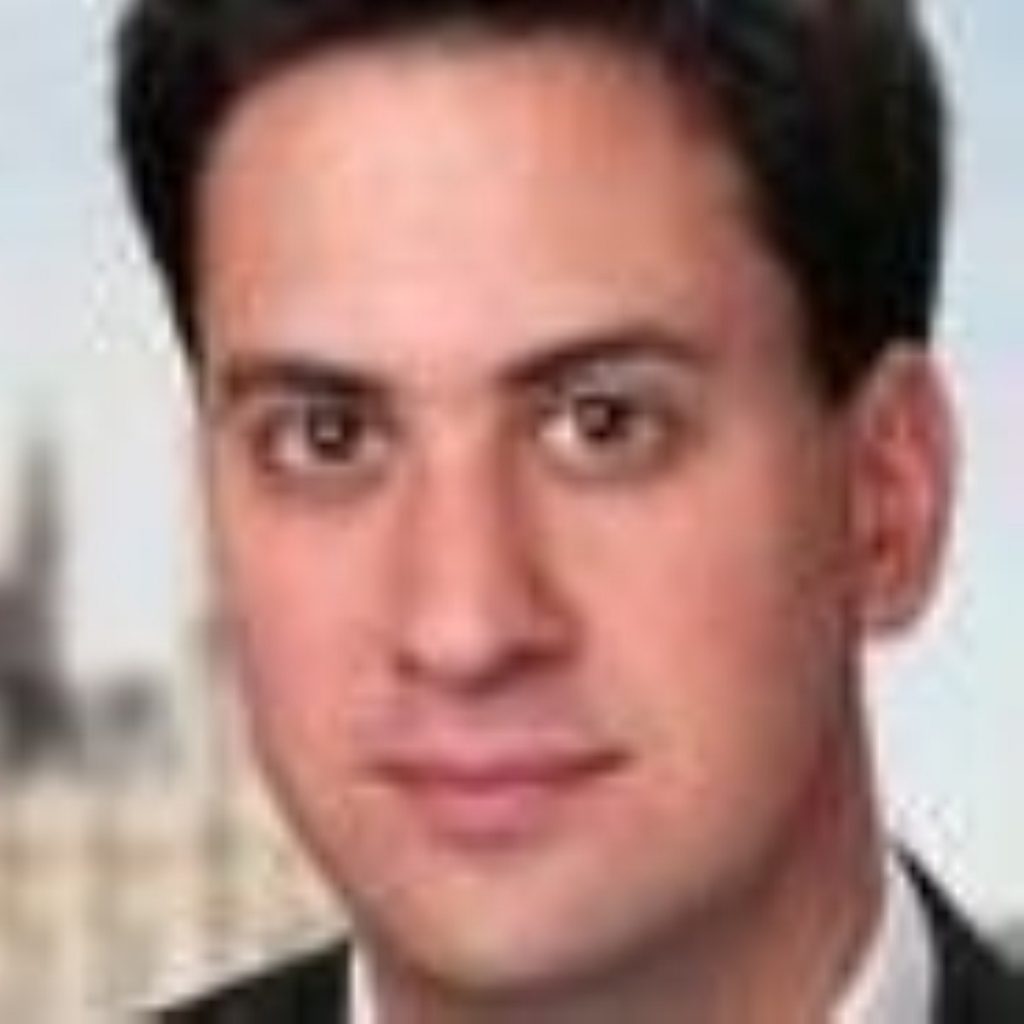Labour to fight election on inequality
The Labour government will focus on narrowing the divide between rich and poor if it wins a fourth parliamentary term.
Ed Miliband, who has been charged with writing Gordon Brown’s first manifesto, marked a departure from Tony Blair’s government by insisting the growing gap between rich and poor does matter.
But he resisted the urge to draw comparisons between the two extremes, such as the oft-quoted hedge fund managers and their cleaners, and said the government would instead seek to bring up the incomes of the poorest families inline with middle-earners.
In an interview with the Guardian, Mr Miliband said: “I think the gap itself is an issue, but what a lot of people would say about Britain is that when we are the fourth richest society in the world, why do we have people with such low incomes and what can we do about them?”
As prime minister, Mr Blair consistently struck the line that the incomes of the richest in society were irrelevant as long as the government was lifting people out of poverty.
But Mr Miliband said: “We are part of one society and the way people think about themselves is relative to other people.”
A close ally of Brown, he promised to take a “sober look” at inequality while writing the manifesto.
Mr Miliband appeared well-versed in the Brownite commitment to listen, learn and “change”.
He told the Guardian: “I think we can start with a pretty fresh piece of paper, but building on what has gone well. It requires being very candid about what has gone wrong and where we need to do better.
“So across the board, I think the sense about the government is that it is changing. Some people said it was going to be more of the same, but I think – from casinos to higher education – there is change, but also the government has a defining mission that is spreading opportunity.”
Central to the manifesto will be breaking down the barriers to opportunity and changing public services to meet rising aspirations, Mr Miliband said.
The Cabinet Office minister was at pains not to criticise Tony Blair’s tenure but said there were areas in which the government could improve.
The new manifesto will “admit we have not done enough”, but that does not mean the Blair government did badly, Mr Miliband told the newspaper.
He said: “It is a real opportunity to take stock of the last 10 years and generate a sense of idealism about what Gordon’s first full term will mean. It is a chance to generate a sense of buzz and excitement.”
In promising to tackle poverty and inequality, Mr Miliband admitted the government could have done more. But he said reversing child poverty had been more difficult than ministers imagined due to the “kind of market economy we live in”.
He indicated the Labour manifesto would not retreat from the New Labour ideology, arguing higher taxes were not the answer. Instead the manifesto will outline long-term policies designed to change the dynamic of society.
Crucial to this will be a target to increase the proportion of university students from poorer backgrounds, which currently stands at an “inadequate” 18 per cent.
Reports that Mr Miliband has been asked to prepare Labour’s manifesto have intensified speculation Mr Brown could call a general election for 2008, enabling him to obtain a democratic mandate.
Confirmation of a “Brown bounce” in the opinion polls has further pointed to an early election.
Mr Miliband said Mr Brown’s arrival at Number 10 had already brought a new style and character to government.
Speaking during his first monthly press conference, the prime minister reiterated his commitment to Cabinet government, in a break from Mr Blair’s so-called “sofa government”.
Mr Brown said every member of the Cabinet would be given the chance to put forward their views and influence debate when big issues are discussed.
“I look forward to quite lively Cabinet discussions in future,” Mr Brown told reporters.





-01.png)